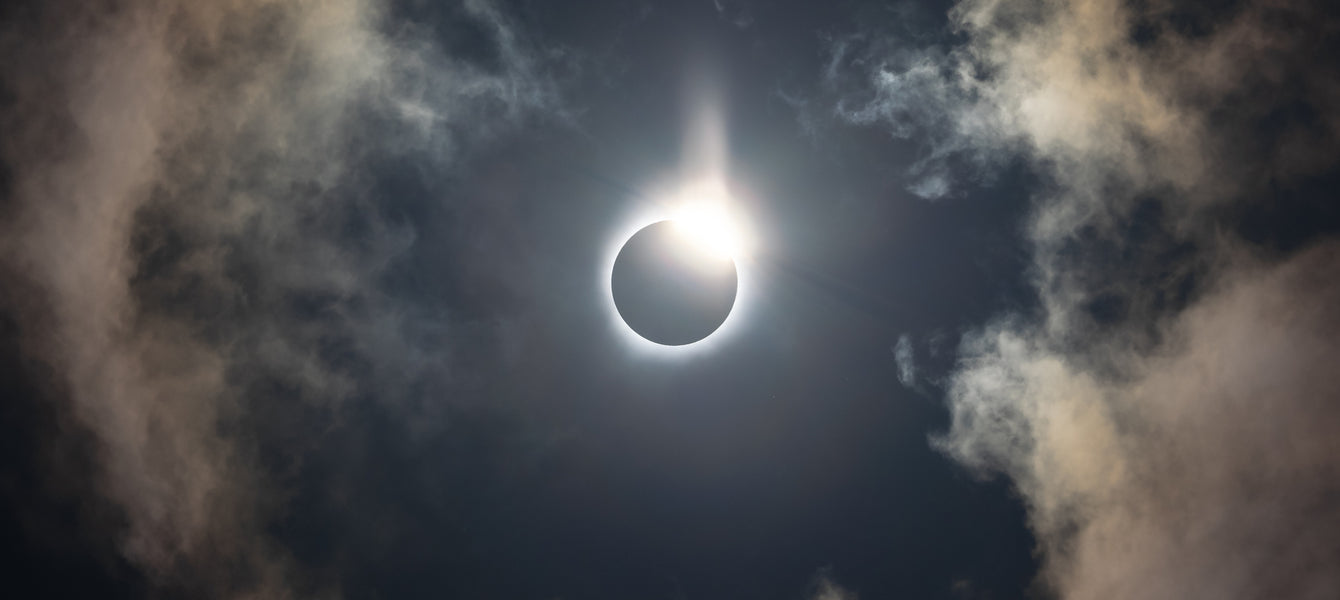Do Solar Panels Work at Night?

Solar panels are not able to generate electricity during the night. Solar panels work by absorbing photons of visible light and converting this to electricity and are tested and characterized under the full illumination of a solar simulator. Of course, at night, there is no sunlight for solar panels to absorb.
Can You Use Solar Power at Night?
Although solar panels do not generate new electricity at night, the system they are connected to will continue to run and be of use.
During the day, it is possible that your solar panels will generate more energy than you use. Many modern solar panel systems include a rechargeable solar battery, which can store this excess energy for later use. This stored energy can be used at anytime, including at night.
Other Light Sources at Night
Can Moonlight Power Solar Panels?
Light is needed to power solar panels. If that is the case, can moonlight be used to generate electricity via solar panels at night?
The answer is technically yes, but in practice no. The moon does not produce its own light; the light that makes the moon glow in our sky is actually reflected sunlight. The moon reflects only about ten percent of the sunlight it receives. This means that while some photons do reach the Earth from the moon, their number is very few compared to during the day.
As a result, moonlight can generate some energy at night, but it is a very low amount. A full moon on a clear night may produce a small amount of energy, but cloud coverage and the changing phases of the moon will make this energy generation negligible.
Can Streetlights Power Solar Panels?
Like moonlight, streetlights can technically power solar panels, but the amount of energy produced is negligible. For a solar panel to generate even a small amount of energy, it would need to be placed directly under a very bright streetlight for an extended period. The energy required to power the streetlight is significantly more than the energy generated by the solar panel, making the effort not worthwhile.
Solar panels installed on the roofs of homes are unlikely to benefit from the ambient light of nearby streetlights. Even if some energy were produced, it is improbable that it would be enough to trigger the system’s inverter to convert it into usable AC power.
The Future of Solar Panels
New advancements may allow our solar panels to generate some energy at night by utilizing a different energy-generating method.
During the day, solar panels absorb photons of visible light emitted by the sun and convert their energy into a usable current. At night, however, solar panels actually emit photons of infrared radiation into their surroundings. These photons carry heat with them, rather than light, causing the surface of the solar panel to cool down.
On a clear, cloudless night, the surface of a solar panel can become a few degrees cooler than the air around it, creating a temperature differential. By attaching a thermoelectric generator to the solar panel, some of the heat flowing from the warmer air to the cooler solar panel can be captured and converted into usable electricity.
In practice, it has been demonstrated that this technology can produce 50 mW/m2, or around 0.04% of the power output of a normal solar cell during the daytime . Although this may seem like a small amount, it is enough to power devices such as a phone charger or low-wattage LED lights.
How Much Energy is Lost During a Solar Eclipse?
During a solar eclipse, the moon passes between the sun and the Earth. This causes a temporary reduction in sunlight during daylight hours by blocking most sunlight. As a result, fewer photons are able to reach solar panels so less electricity is generated. The extent of this reduction varies depending on the position on the solar panel relative to the sun at the time of the eclipse.

Solar panels that are within the 'zone of totality' experience a complete loss of sunlight during this phase of the eclipse. This mimics nighttime, resulting in a 100% drop in electricity generation. This period only lasts for a few minutes, but the transition in and out of it can span several hours.
Some solar panels may only experience a partial blockage of sunlight during a solar eclipse. This also leads to a decrease in electricity generated. The April 2024 solar eclipse in the U.S is thought to have caused a loss of 35.3 gigawatt hours of solar energy across the country, which is equivalent to 30 nuclear reactors.
Solar eclipses are rare events and can be accurately predicted in advance, so there is no need to be concerned about their impact on day-to-day electricity generation. Utility companies that rely on solar energy can plan ahead to minimize disruption to consumers during these temporary periods of reduced solar power.
Solar Simulator

Learn More
The global demand for electricity is continuously increasing. More and more resources are being invested into finding new energy sources rather than relying on our finite fossil fuel supply. One of these sources is sunlight.
Read more... Do Solar Panels Work on Cloudy Days?
Do Solar Panels Work on Cloudy Days?
It is true that solar panels are more efficient during sunny days. However, solar panels can still generate electricity through cloudy weather and long winters. There are year-round benefits to owning solar panels, even with reduced efficiencies.
Read more...References
- Nighttime electric power generation at a density of..., Sid Assawaworrarit et al., Applied Physics Letters (2022)
- NREL Shows Live Grid Impacts From Total Solar..., NREL (2024)